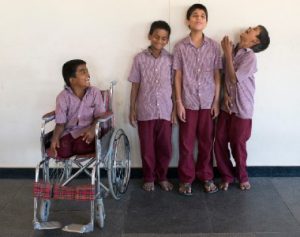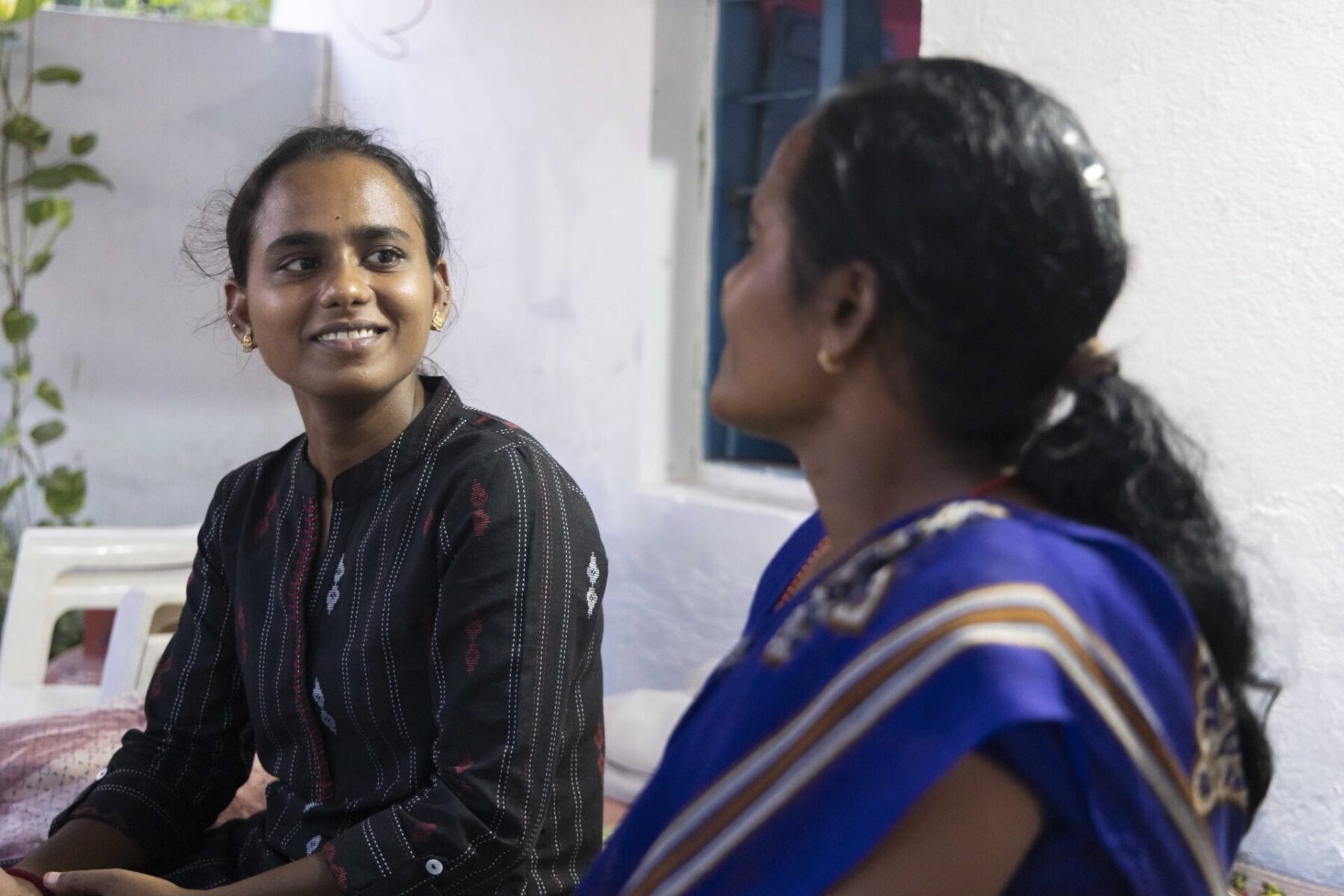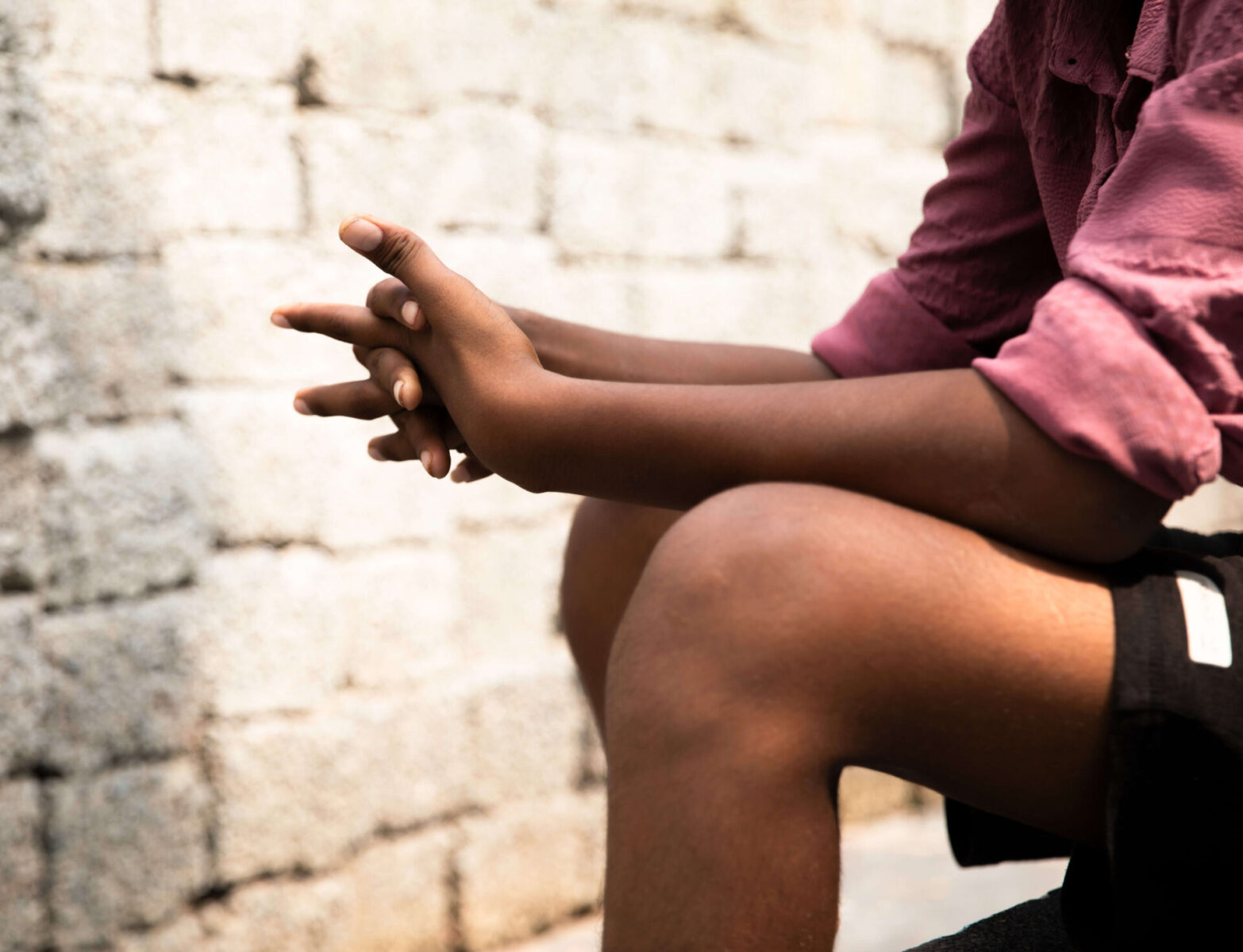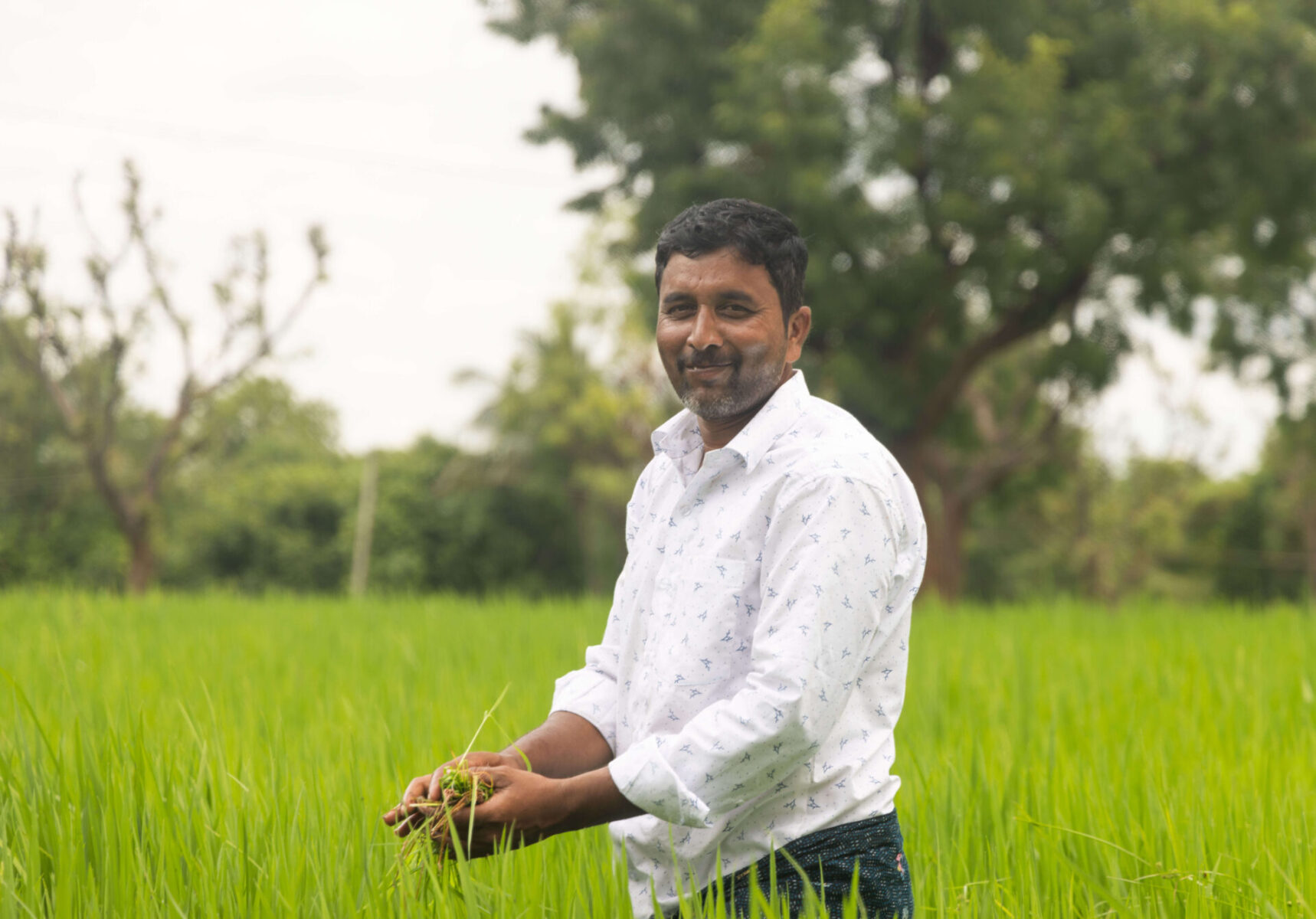Roshi, is facing what most of the children in this country consider one of the most important years of their life: 10th class. However, the unprecedented situation due to the COVID-19 outbreak has put her education and future and that of thousands of children at a crossroads.
“I thought that the lockdown would not last more than a week. I left most of my books and clothes in the school,” explains Roshi, studying at one of RDT High Schools. As the elder daughter in a family of four, she is helping her parents, both with disabilities, to make a living in these tough times during her stay back at home.
Since the closing of schools and colleges, educational institutions have adopted many systems such as technology-based educational inputs for remote learning. However, online learning is not feasible when children do not have access to adequate tools, especially for children with disabilities in rural areas.
RDT High Schools started online classes for the students since July 2020. “During the lockdown, we worked towards upgrading the skills of our teachers in braille and sign language as well as improving their knowledge of online teaching techniques and the softwares,” explains Dasarath, Director of Disability Inclusive Development sector.
Although crucial, this work means little when students cannot even access the class. “Not all students attend regularly. Some families don’t have a smartphones and those who do share one among all members, so when the parents need it for work, the student cannot attend. For many, the cost of data recharge is expensive, too. We are working hard to ensure that our students do not miss out on classes but sometimes we feel helpless,” explains Balaji.R, who is a Mathematics teacher at RDT Inclusive High School.
Roshi is well aware of the challenges: “Even with the smartphone it becomes difficult to follow the classes because my father keeps getting calls. Sometime, the network is poor and the teacher’s voice breaks. There are always some sort of interruptions.”
This situation worsens when working to ensure the access to education for children with disabilities as they need the installation of special software such as talk-back for the visually impaired.
“The phone screen is quite small and so, it is difficult for me to read and understand the notes that the teachers share,” expresses Ananad, a student with low vision also studying at RDT Inclusive School.
For students with hearing and speech impairment who use sign language, bigger screens are important to help them grasp better. “I like learning new concepts, but it is taxing for me to follow the signs used by the teacher because sometimes the poor network disrupts the video, including its quality,” says Srikanya who studies at RDT High School for Hearing Impaire Children. Like Srikanya, her brother, Daveed, too, has a hearing loss. Their family owns only one smartphone, something that has created some fights in the family as Daveed explains, “I felt very happy living in school. But now, at home, my sister uses the phone for her classes because of which I have to miss mine. I wish I had my own device. When I grow big, I am going to buy one for myself.”
“We are going through a tough time and I am worried about my son´s future but we give priority to Srikanya as she is older.
We are daily wagers. We can barely manage to provide them with 3 meals per day, how can we afford another phone,” sighs Kullayama, the mother.
In Srikanya and Daveed’s case, the bias arose based on the age but for others, different factors are involved. “Sometimes, biases comes into play when the family is large, when one of kids is disabled then parents tend to give that child least preference in terms of providing assistance in their education. Since the classes are online now, in most cases, the disabled kids do not get a chance to attend classes”, says Yugendher, Assistant technical director of the Disability Inclusive Development sector.
Concerned about the situation of the students with and without disabilities and having witnessed poor attendance in spite of offering online classes, the organisation has taken a firm decision:To provide a tablet, headphones, SIM card and data recharge for a year as well as installation and training for the special software for 415 students enrolled in our institutions so they can continue their education without any hassle during this pandemic.
“Every day a child cannot attend their class, it is a step back for them, their family and for theis country,” remarks Dasarath.
Roshi, at her young age, is already well aware of it. “My dream is to become a district collector and provide decent housing for the homeless and build an orphanage but I can only achieve my goal if I can continue with my education. My parents do not know how to read or write. I want something different for my future and I know they want it too,” she declares beamingly.
Education is a basic right of every child but we can ensure it for each and all only if we work together.
Join us to help children like Anand, Roshi, Srikanya and Daveed to fulfil their dreams and of their families’ by supporting them to go back to school – the online way.











